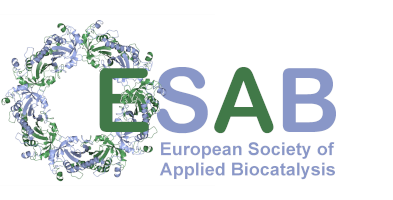Combining Synthetic Chemistry and Biology for Streamlining Access to Complex Molecules
Abstract
By virtue of their unrivaled selectivity profiles, enzymes possess remarkable potential to address unsolved challenges in chemical synthesis. The realization of this potential, however, has only recently gained traction. Recent advances in enzyme engineering and genome mining have provided a powerful platform for identifying and optimizing enzymatic transformations for synthetic applications and allowed us to begin formulating novel synthetic strategies and disconnections. This talk will describe our recent efforts in developing a new design language in chemical synthesis that centers on the incorporation of biocatalytic approaches in contemporary synthetic logic. Case studies will focus on the use of this platform in the chemoenzymatic syntheses of complex natural products and also highlight how this platform could serve as a starting point to enable further biological and medicinal chemistry discoveries.
About the Speaker(s)
 Hans Renata was born in Surabaya, Indonesia. After completing his high school education in Singapore, he moved to the US and received his B.A. degree from Columbia University in 2008, conducting research under the tutelage of Professor Tristan H. Lambert. He earned his Ph.D. from The Scripps Research Institute in 2013 under the guidance of Professor Phil S. Baran. After postdoctoral studies with Professor Frances H. Arnold at the California Institute of Technology, he started his independent career at The Scripps Research Institute in 2016. His research focuses on the development of new biocatalytic methods and chemoenzymatic strategies to prepare complex, bioactive molecules. For these efforts, he has received several notable awards, such as the NSF CAREER award, the Sloan fellowship, the Chemical and Engineering News “Talented 12” and the Arthur C. Cope Scholar award. In July 2022, he took a position at Rice University as a Cancer Prevention and Research Institute of Texas (CPRIT) scholar.
Hans Renata was born in Surabaya, Indonesia. After completing his high school education in Singapore, he moved to the US and received his B.A. degree from Columbia University in 2008, conducting research under the tutelage of Professor Tristan H. Lambert. He earned his Ph.D. from The Scripps Research Institute in 2013 under the guidance of Professor Phil S. Baran. After postdoctoral studies with Professor Frances H. Arnold at the California Institute of Technology, he started his independent career at The Scripps Research Institute in 2016. His research focuses on the development of new biocatalytic methods and chemoenzymatic strategies to prepare complex, bioactive molecules. For these efforts, he has received several notable awards, such as the NSF CAREER award, the Sloan fellowship, the Chemical and Engineering News “Talented 12” and the Arthur C. Cope Scholar award. In July 2022, he took a position at Rice University as a Cancer Prevention and Research Institute of Texas (CPRIT) scholar.
